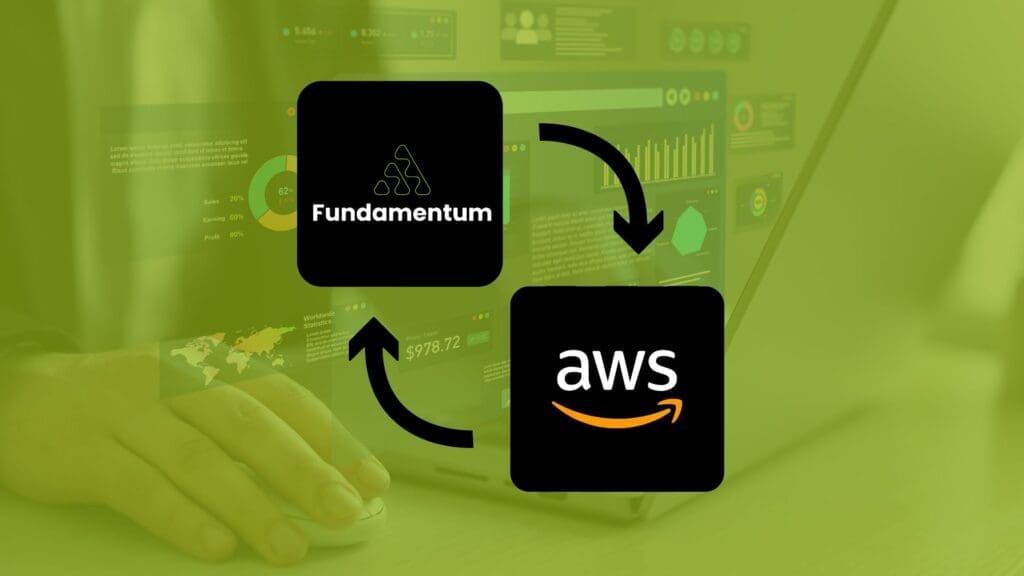On May 31, 2025, AWS announced the retirement of its AWS IoT Analytics service, effective December 15, 2025, followed by the shutdown of AWS IoT Events on May 20, 2026. This move echoes a similar decision by Google, which retired its IoT Core service in 2023. It also highlights a broader trend: major cloud providers are stepping away from tightly integrated IoT services, leaving customers to manage the disruption.
For many businesses, this announcement brings significant uncertainty. These tools have long powered critical functions such as device telemetry, real-time event monitoring, and cloud-side automation. Their removal will create gaps in data processing, alerting, and device orchestration.
What’s Being Discontinued?
AWS IoT Analytics
Used for:
- Processing time-series IoT data
- Running queries and visualizations
- Building dashboards on top of device telemetry
AWS IoT Events
Used for:
- Detecting and responding to equipment states
- Managing alarm conditions and state machines
- Orchestrating workflows based on device behaviour
Without these services, AWS IoT users face critical gaps in monitoring, analytics, and event-driven automation, gaps that could disrupt essential operations, jeopardize uptime, and require significant investment to rebuild through custom development or alternative tools.
Fundamentum: A Unified, Fully Managed IoT Alternative
This is where Fundamentum steps in: a robust, largely scalable, secure and future-ready IoT Platform-as-a-Service (PaaS) that doesn’t just fill the void but propels your IoT capabilities forward.
Built with modular microservices, open protocols, and real-time intelligence, Fundamentum is purpose-built for the exact use cases AWS is retiring, and then some.
- Compatible with Your Existing AWS Stack
One of Fundamentum’s key advantages is its modular design and deployment flexibility. You don’t need to abandon your entire AWS architecture, just the parts being discontinued. Fundamentum can integrate directly into your existing environment, allowing you to retain AWS IoT Core, S3, Lambda, or other services, while replacing only IoT Analytics and IoT Events with modern, secure, and fully supported alternatives. This minimizes disruption, reduces migration effort, and lets you modernize selectively.
- Real-Time Data Flow and Event Processing
From edge to cloud, Fundamentum supports:
- Rule-based triggers
- State machines
- Remote actions on alerts or device status
- Predictive insights with ML integration
- Streamlined Data Insights
Includes built-in dashboards, analytics pipelines, and support for custom visualizations, making AWS IoT Analytics look outdated by comparison.
DevSecOps and Secure Scalability
Under the hood, Fundamentum leverages Kubernetes to orchestrate its microservices architecture, ensuring elastic scalability, high availability, and cost-efficient resource management. This infrastructure dynamically balances workloads, optimizing performance while controlling operational costs.
On top of this foundation, the platform delivers key DevSecOps features that support secure, scalable, and high-performing IoT deployments:
- Continuous delivery with built-in CI/CD and security scanning
- Role-based access (OAuth 2.0, SSO, OpenID)
- Multi-protocol integration: MQTTS, HTTPS, LoRaWAN
Feature Mapping: AWS IoT Services vs. Fundamentum
We’ve created a side-by-side feature mapping table to help you identify exactly how Fundamentum aligns with your current AWS IoT setup.
AWS IoT Analytics | Equivalent in Fundamentum |
| Time-series data ingestion | Time-series data ingestion (Event store) |
| Data store and transformation pipelines | Insight Service (Datastore) |
| SQL-like querying | Apache Doris (MySQL like querying) |
| Data visualization dashboards | Data exposed through Insights module and customizable dashboards / Grafana–PowerBI integration |
| Managed pipelines | Managed data Ingestor and Projector (CDC/ETL) |
AWS IoT Events | Equivalent in Fundamentum |
| Event detection (rules, thresholds) | Alert Rule Service |
| Alarm models and state machines | Notification Service |
| Action execution on event triggers | Actions Service with customizable Encoder/Decoder |
| Integration with AWS Lambda | Run your code within Fundamentum Functions |
| Alarm history and event logs | Full audit trail in Insights module + integration with third-party BI tools |
Security & Access Control
AWS Capability | Equivalent in Fundamentum |
| IAM roles and policies | Role-based access via Connect, with OAuth 2.0 and token-based auth |
| Single Sign-On (SSO) | Fully supported via Connect |
| Region-specific compliance (e.g., GDPR) | Built-in support for secure provisioning and encrypted data flow compliant with regional laws |
Infrastructure & Deployment
AWS Capability | Equivalent in Fundamentum |
| AWS Lambda / ECS | Kubernetes-managed microservices architecture with scalable containers. |
| AWS S3 / DynamoDB | Modular storage via Fundamentum and flexible hosting on Digital Ocean, OVH, etc. (Even AWS, Azure and Google) |
| AWS IoT Core | Fundamentum IoT Core for device provisioning, connectivity, OTA firmware control and much more |
Don’t Wait Until the Deadline
With AWS retiring IoT Analytics and Events by May 2026, businesses must choose: rebuild or migrate. Fundamentum offers a secure, scalable alternative, preserving continuity while enhancing your IoT capabilities with modern architecture and real-time intelligence.
Whether your top concern is uptime, compliance, or operational continuity, the time to act is now. Our migration playbook simplifies the transition with:
- Customized architecture mapping
- Workflow reconstruction for event logic
- Seamless data ingestion and dashboard replication
Don’t wait for forced change to disrupt your operations. Let us help you to ensure your IoT stack is not only preserved but positioned to grow with your business.
Ready to Migrate?
Get in touch with our team of experts about your upcoming data migration project:









